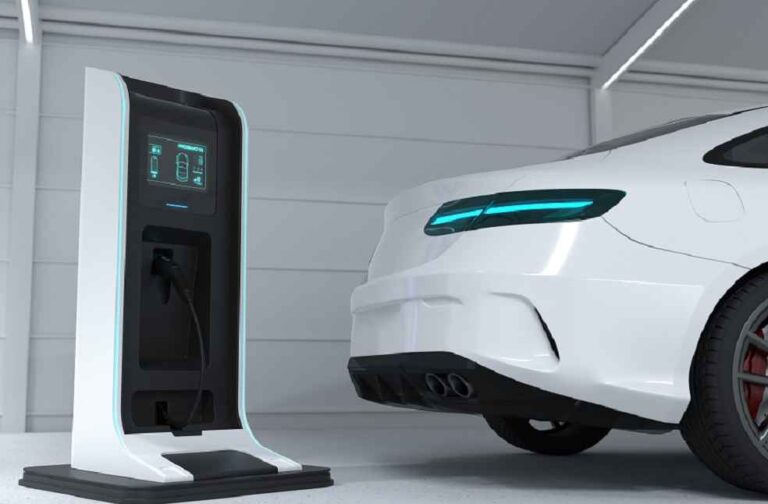Germany has always been renowned for its robust and innovative automobile industry. Yet, when it comes to digitalization and the evolution of electromobility, it appears to lag. Bernd Maier-Leppla, an industry commentator, astutely observed, “The further development of the automobile, of electromobility, depends directly on future digital know-how”, adding that such expertise is sorely lacking in Germany.
Just recently, a wave of concern swept through the German automotive industry. VW’s digital spin-off, “CARIAD,” underwent yet another leadership change, indicating dissatisfaction at the highest echelons. This situation underscores the precarious relationship between VW and automotive IT, a critical issue that has plagued the industry for years.

Taking VW’s ID.3 as an example, this otherwise efficient electric vehicle was launched with a software best described as “beta.” Underpowered chips in the first models compounded the problem, making software updates increasingly challenging and raising doubts about over-the-air (OTA) capabilities.
This digital slowdown in Germany’s automotive industry is a reflection of a broader nationwide issue. Administrative tasks in Germany are still largely paper-based, with each new government promising — yet failing — to expedite the country’s digital transition. The unfortunate reality is that Germany lags behind its European counterparts, maintaining a significant reliance on fax machines and cumbersome processes.
Talented German developers, if not already abroad, are tempted by opportunities in more technologically advanced nations like the USA. Those who remain grapple with local political and regulatory hurdles, such as the DSGVO, which often hampers rapid development.

Despite aspirations to rival software giant SAP, CARIAD is facing a steep uphill battle. German automakers Audi and Porsche are still waiting for the new OS, aimed at eliminating competitive disadvantages. The continual postponing of this key update and frequent leadership changes are not reassuring signs.
According to George Friedman in his book ‘The Next 100 Years’, “You can’t have a modern economy without computers and corporations, and if you are going to program computers, you need to know English, the language of computing.” This language barrier, combined with cultural differences, may be some of the reasons why Germany trails in the digital domain.

Friedman further remarks, “Nothing exemplifies American culture more than the computer, and nothing has transformed the world faster and more thoroughly than its advent.” Autonomous driving, AI, and other emerging technologies are clearly following this trajectory, further accentuating the importance of digital proficiency.
Indeed, the evolution of automobiles and electromobility depends heavily on digital expertise. While Germany continues to grapple with these issues, the digital vanguard is being found elsewhere, notably in the USA and emerging nations like China and India. This reality necessitates an urgent reassessment of Germany’s digital strategy, particularly in its prized automobile industry. After all, the future of electromobility will not wait.
OBSERVATION: EXEED Targets Gulf Domination; A Bold Challenger in Asia’s Premium Car Market





